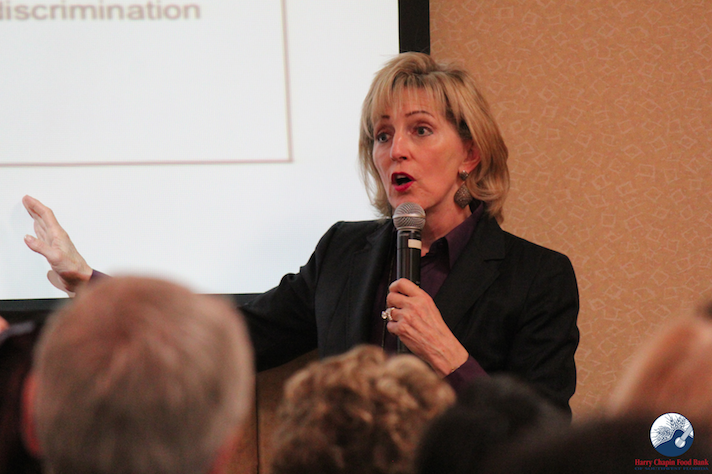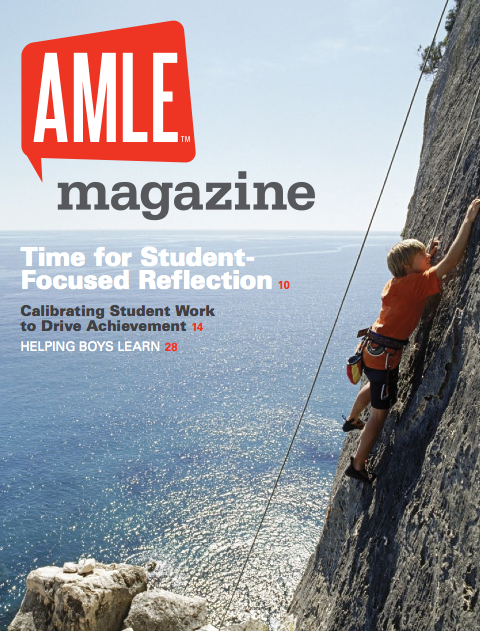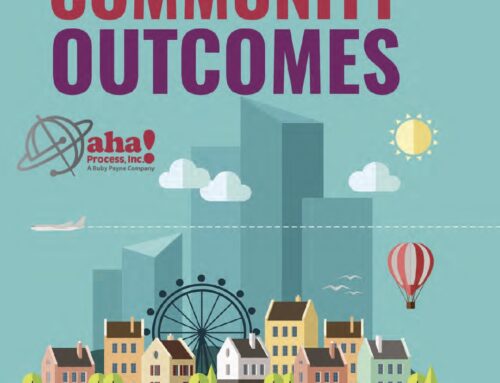 aha! Process founder Dr. Ruby Payne touches on this topic in the May 2014 edition of AMLE (Association for Middle Level Education) Magazine.
aha! Process founder Dr. Ruby Payne touches on this topic in the May 2014 edition of AMLE (Association for Middle Level Education) Magazine.
Dr. Payne laments, “It’s boring to accumulate knowledge but not do anything with it… And then we wonder why achievement is so low, why the business community complains that graduates are so unprepared, and why the graduation rate in the United States is only 70%.” Knowledge in it of itself is far less effective without an accompanying sense of applicability.
Payne cites, “We have a dual system in most schools—particularly at the secondary school level. We tie standards to lesson plans to formative assessments to state assessments. Then we have another separate system that ties standards to lesson plans to assignments to grades to credits. Rarely are assignments tied or calibrated to standards.”
How do we calibrate assignments? Although a solution is rarely clear, Payne offers three solutions:
- Identify the level of difficulty at which students will need to perform
- Identify the amount and kind of work that should be done at that level
- Tie that type of work to expertise
 To read the full article, see page 14 of the May 2014 edition of AMLE Magazine. (Page numbers are located in the bottom left-hand corner of the Magazine.)
To read the full article, see page 14 of the May 2014 edition of AMLE Magazine. (Page numbers are located in the bottom left-hand corner of the Magazine.)
Dr. Payne is a featured speaker at AMLE2014 and the author of Achievement for All: Keys to Educating Middle Grades Students in Poverty.








